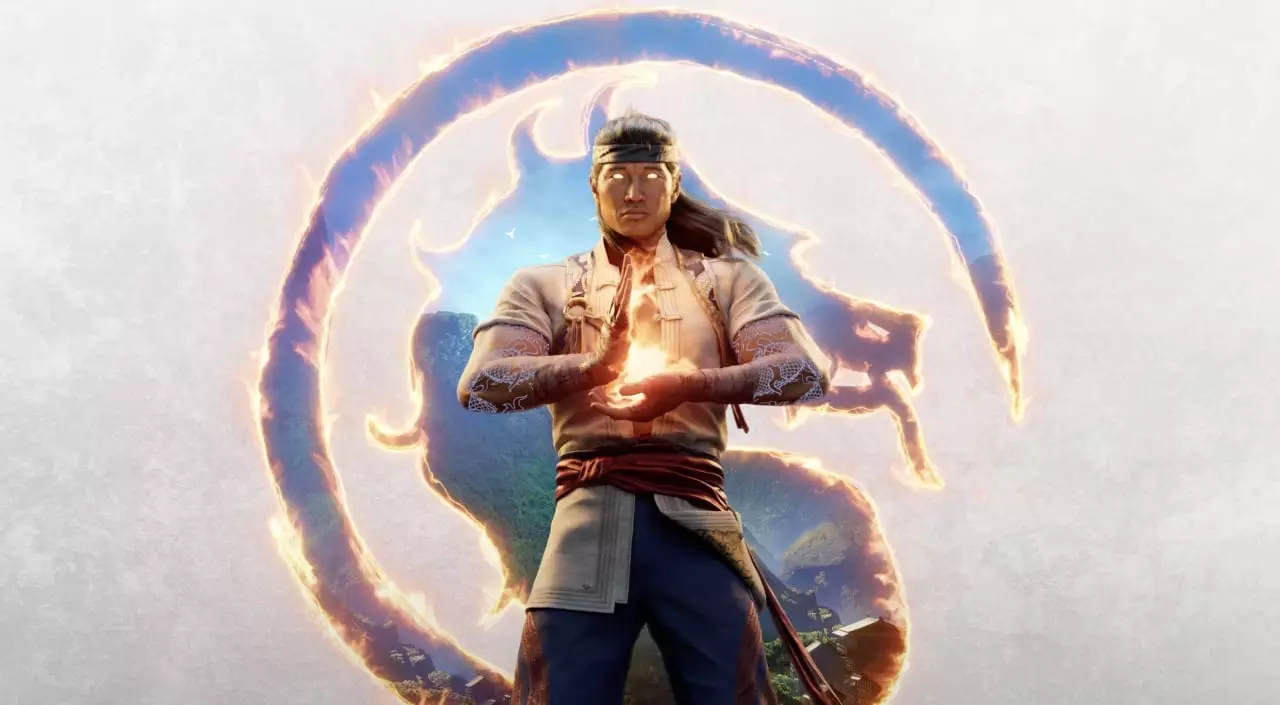Last week, fans of the iconic fighting game series Mortal Kombat were left with mixed emotions as NetherRealm Studios announced the conclusion of substantial updates for Mortal Kombat 1. With the release of the game’s Definitive Edition, the developers signalled a pivot towards what they call their “next project.” While the continuous support for game balance can be seen as a silver lining, the decision to cease new content—specifically DLC characters and story chapters—marks a significant turn for a franchise that thrives on expansion and evolution.
Player Sentiment vs. Developer Vision
Gamers have voiced their desire for more content with fervor, leveraging social media to express a mix of disappointment and concern. The official statement from NetherRealm acknowledges this sentiment yet firmly communicates a necessity to redirect efforts towards a new project. This duality highlights a critical conversation within the gaming industry: the balance between player demand and the creative autonomy of developers. While fans yearn for continuous engagement within the Mortal Kombat universe, creators face the artistic challenge of innovating in a saturated market. The question arises—how do developers retain the integrity of their work while appeasing a demanding audience?
Unanswered Questions Surrounding the Next Project
The ambiguity surrounding NetherRealm’s upcoming project leaves much to be speculated. Current discussions are marred with conjectures and wishes from the community, but the developers have kept details sparse, fueling anticipation. It’s fascinating to consider what direction NetherRealm could take. Will they expand the Mortal Kombat universe once again, perhaps exploring untapped narratives or introducing unexpected characters? Or could we see a completely new intellectual property that challenges established norms of gaming? The potential for innovation here is exciting, yet also fraught with risk.
The Hard Truth of Industry Transition
The transition away from Mortal Kombat 1 encapsulates a broader trend in the gaming landscape—where developers must constantly adapt to shifting market conditions and consumer trends. The rapid pace of the industry demands that studios pivot swiftly and often, sometimes at the expense of beloved titles. As players, we tend to gravitate towards nostalgia, hoping to prolong our engagement with characters and stories already established. However, spinning off into new territories could lead to revolutionary experiences that may redefine our perception of a franchise.
A Complicated Future Awaits
As Mortal Kombat 1 rides off into the sunset, players are left pondering their future with a franchise that has long shaped the fighting game genre. More than just an end, this announcement could serve as a critical juncture for creativity within the series. While it’s easy to lament the closure of a chapter, one must also consider the vast potential that lies ahead. The vitality of any series hinges on its capacity to refresh and renew, and perhaps it’s time for fans to rally around the idea of embracing change rather than mourning what has passed. The real power of Mortal Kombat lies not just in its past, but its ability to surprise and engage audiences with what comes next.

